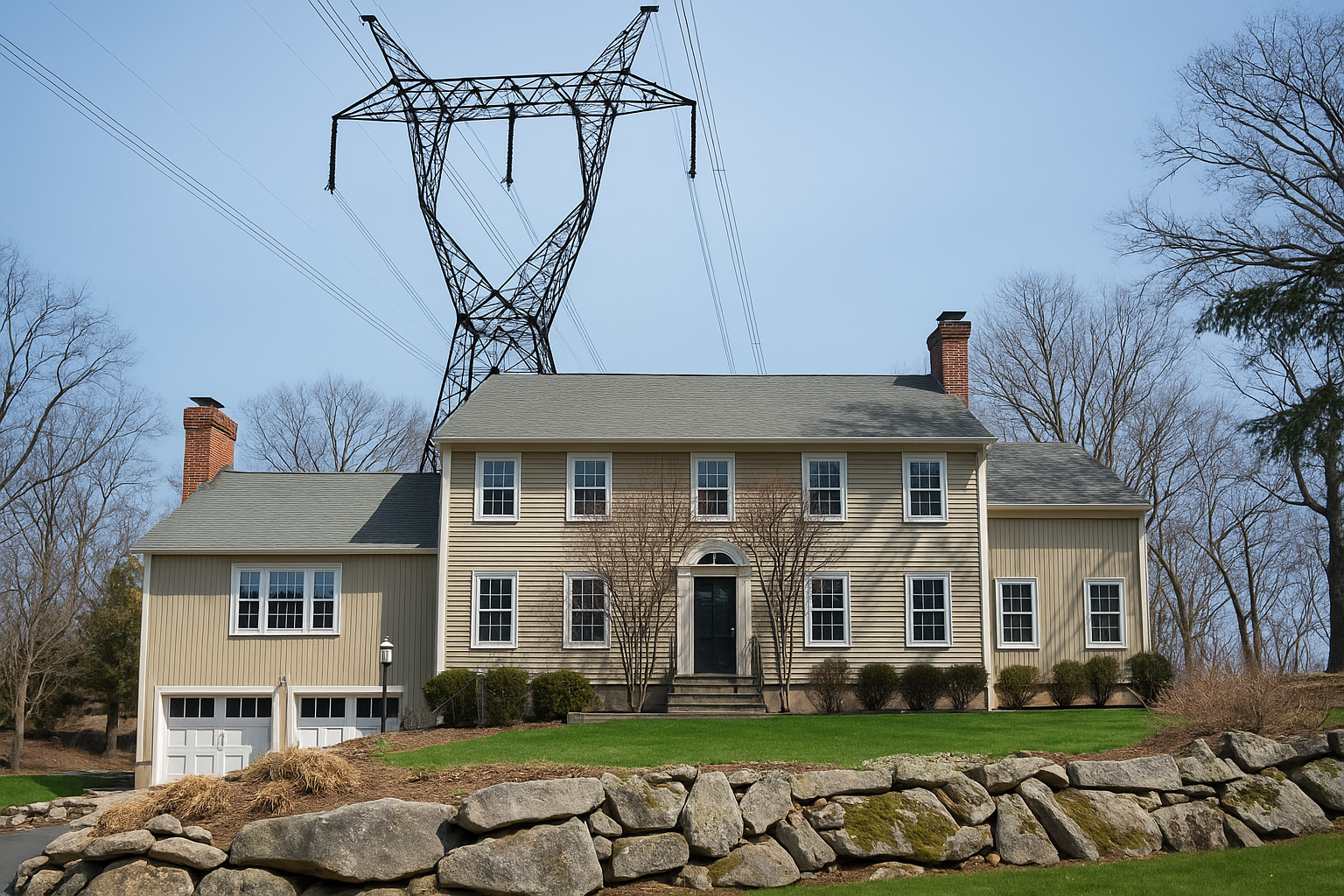If you’ve perused Maine real estate listings in the last few months, you might notice that photos often show bright homes with light emanating from windows against a vivid sky.
It may not be real. That’s because more and more Maine real estate agents are using artificial intelligence to market their properties, having it enhance photos, write property descriptions and even virtually stage empty rooms in homes.
National organizations and lawyers have been raising ethical concerns about the use of this technology in real estate for years. Its use has become common in Maine in recent months. Some agents recoil at the idea of using it at all, even though the technology has the potential to substantially lower the costs of staging and listing property.
“This is more of a productivity tool,” Susan Dube, an Auburn-based agent with The Masiello Group, said. “I want to focus on the money-making things like meeting clients, showing properties … and have something else working in the background to help promote me and my business.”
For the past three months, Dube has used AI for writing property descriptions, advertising, staging and sharing market updates with clients. It’s the work an assistant would typically do, but for a lot less money. Dube said she always reviews and edits all AI-generated content herself and is taking a year-long course in the subject to shore up her skills.
She’s not alone. A lot of Maine real estate agents are using these tools, Jannika Bragg of Cates Real Estate said. So are the real estate photographers they contract with. It’s easy to tell who is and who isn’t just by looking through photos and reading property descriptions, she said.
Bragg uses AI to give her feedback on emails she writes or to occasionally stage rooms, but like Dube said she never wants to lose that “human touch” and isn’t overly reliant on it.
“I like to still be authentic,” she said. “There definitely are some properties that do call for on-site staging. But virtual staging is a lot of times more efficient, a lot more cost-effective.”
Staging a home the old-fashioned way can cost up to $5,000 for a 1,500-square-foot home, said Heather Pouliot, who stages homes as president of Pouliot Real Estate in Augusta. It costs as little as $25 per photo to virtually stage the same room, she said. Pouliot has used AI in the past, but she prefers hiring a company that will take a photo and edit virtual furniture in by hand.
“Sometimes AI has a mind of its own,” Pouliot said. “You have to be careful about it. It might move windows or distort a room.”
Using virtual tools to edit photos or stage rooms isn’t new in real estate. Houlton-area agent Andy Mooers edits the listing photos he takes by resizing or adding color to them. He takes issue with generative content, saying it often lacks personality and is used as a crutch.
It’s clear to him when an area realtor has used AI to generate listing information because it won’t actually capture the town’s essence and adds contrived details that make the place sound more like Alaska than Houlton, he said.
Others take issue with enhanced photos for being deceptive. While editing tawny grass to look green has long been something real estate agents do, Pouliot does not like when agents virtually enhance a sky or brighten a home.
“I just feel like it can show a home in a different way than it is, it makes it look a lot nicer than it is,” she said, adding that it can spell disappointment when clients show up to view a home.
The law on this area is emergent. Automation in real estate risks data privacy breaches, inaccuracy, algorithmic discrimination, intellectual property infringements and might impact labor laws, too, according to a Maryland-based law blog. The National Association of Realtors advises members to disclose the use of AI in photos, as Dube and many other agents do.
What’s clear is that AI is not going anywhere, and most Maine agents are embracing its presence in the industry.
“Some people have never used it, and they’re terrified of it,” Mooers said. “It’s not evil, but it could be lazy.”
















